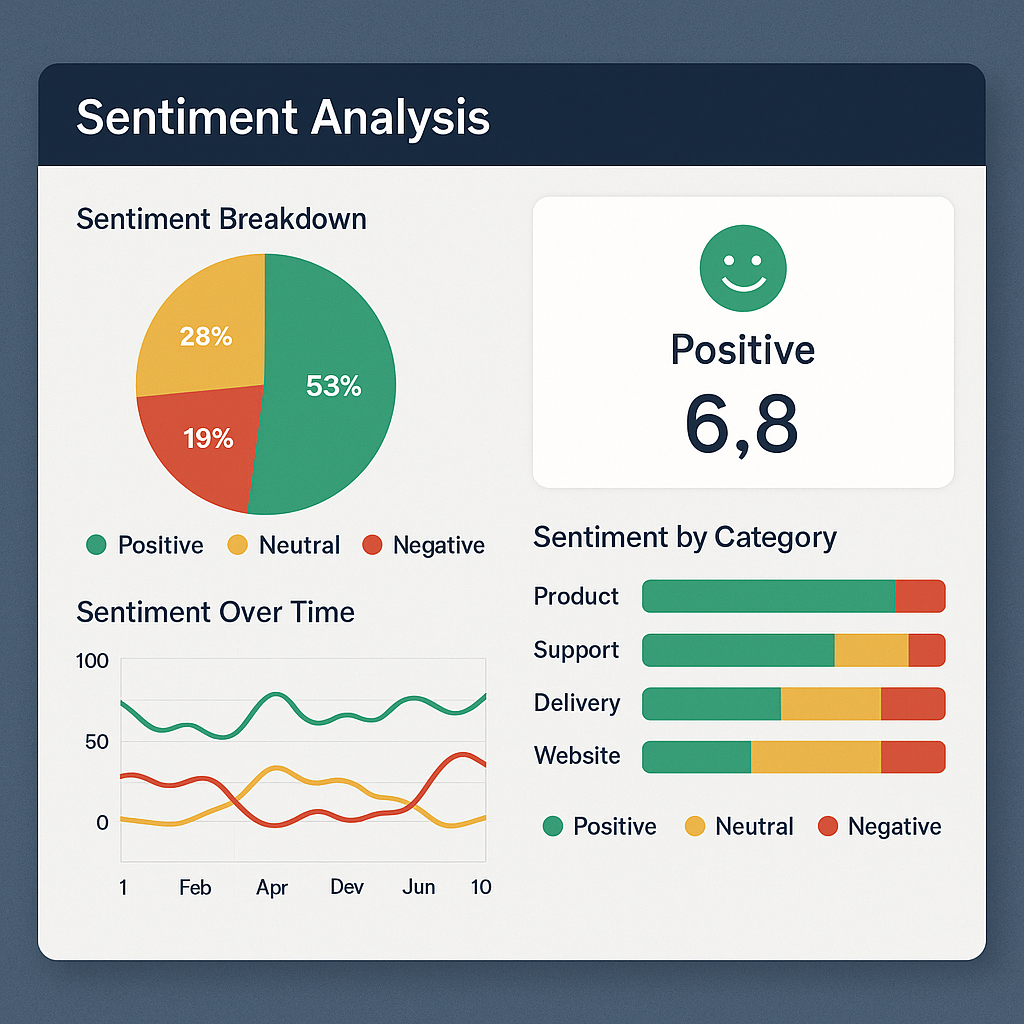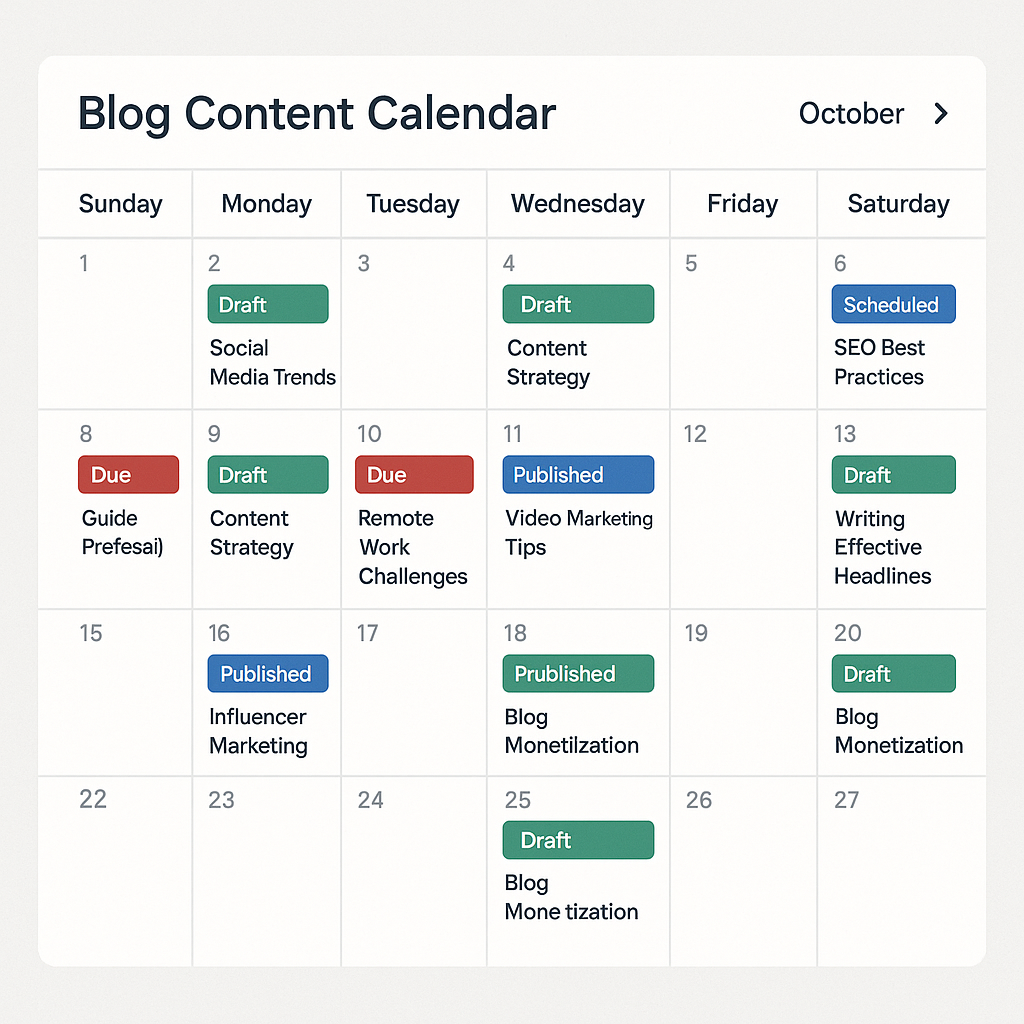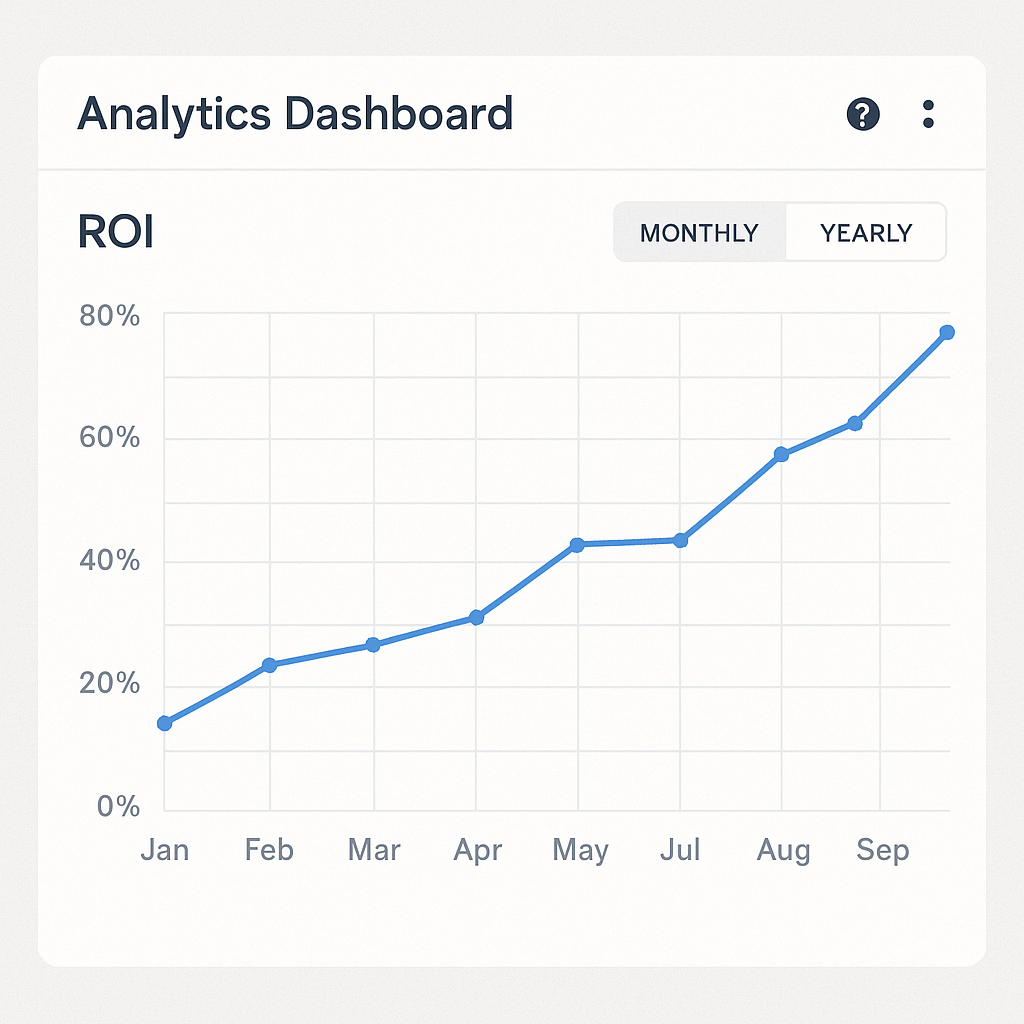Boost Your Content Performance with AI Analytics

AI Content Analytics: Improving Engagement and Reach
Introduction to AI in Content Analytics
AI content analytics is no longer optional it’s the new bar. Using artificial intelligence and machine learning to track, analyse, and predict content performance unlocks new insights with AI that human teams just can’t surface fast enough. This isn’t just about posting and praying. It’s about using AI to fine-tune your content strategy with precision.
AI and ML let you turn qualitative data and unstructured customer feedback into powerful insights. You don’t just generate content anymore you analyse it at scale to drive real-time decision-making. This is the shift from gut feel to data-driven decisions. Marketers using AI content analysis are seeing faster workflows, sharper messaging, and higher ROI.
These insights aren't much use on their own, they’re part of a bigger system. That’s why many teams are mapping them directly into their AI Content Workflows.
Actionable Tips:
✅ Use AI to uncover hidden trends in customer feedback and tailor your messaging accordingly.
✅ Run real-time content audits with sentiment analysis tools to refine tone and structure.

Tools for Tracking and Analysing Content
The toolkit is getting smarter. Google Analytics 4 now uses machine learning to dive deeper into user behaviour. HubSpot’s Marketing Hub layers in automation and analytics to help you optimise campaigns and track engagement. Tools like these are a powerful combination of data collection, visualisation, and content analysis.
Want to get granular? Use sentiment analysis tools or video analysis platforms to track content performance across channels. AI-powered content analysis tools can categorise content based on tone, extract meaningful information from user feedback, and streamline your workflow.
These tools can help automate the heavy lifting so you can focus on strategic moves, not manual analysis.
Actionable Tips:
✅ Automate reporting with AI tools like HubSpot to monitor real-time performance metrics.
✅ Use AI content analysis tools to identify which formats drive the most engagement.

Predictive Analytics: Forecasting Content Success
Predictive analytics takes things a step further. Tools like MarketMuse use AI algorithms to forecast which content will resonate with your target audience, based on analysing content from competitors, search trends and audience insights.
This is where you use AI not just to measure but to plan. You can identify new audiences, generate content ideas and create content strategies built on data to uncover what actually drives clicks, shares and conversions.
AI-generated content and predictive analytics give you a proactive edge. You're not just reacting to performance metrics, you're shaping them before you publish.
Actionable Tips:
✅ Use MarketMuse or similar tools to forecast high-potential topics and build smarter content calendars.
✅ Prioritise content creation based on predictive engagement signals, not just historical data.

Making Data-Driven Decisions with AI
Here’s where it gets tactical. Use AI-powered analytics platforms to surface what’s working and what’s not. Look at engagement rates, conversion paths, and user journeys. Let AI extract insights from large volumes of data and help you make data-driven decisions fast.
This is how you move from content based on best guesses to content that’s truly aligned with what your audience wants. Content analysis involves assessing everything from headlines and structure to tone and distribution timing using data, not just instinct.
Whether you’re tracking website performance, social media posts or email engagement, AI helps you gain valuable insights and adapt quickly.
Actionable Tips:
✅ Set up dashboards with AI analytics tools to track content ROI across channels.
✅ Use AI to analyse which content themes drive conversions and double down on what works.
Continuous Content Improvement through AI Insights
One analysis won’t cut it. The best content strategies are iterative. Set up AI-driven workflows to run continuous audits and improvements. Tools like Clearscope help with ongoing SEO adjustments, ensuring your content stays competitive.
With automation, you can categorise feedback, summarise performance trends and surface new insights without the lag of manual processes. This is content at scale refined and responsive.
Using AI for content analysis means you don’t just publish and forget. You’re constantly refining, adapting, and optimising based on real signals not assumptions.
Actionable Tips:
✅ Build recurring Clearscope workflows to automatically refresh SEO insights.
✅ Summarise and categorise feedback using AI tools to drive monthly content refresh plans.
Conclusion and Call-to-Action
Using artificial intelligence doesn’t mean replacing human writing with robots. It means using AI-powered tools to enhance the creative process, extract insights, and optimise content performance.
AI content analytics helps you focus on strategic decisions while automation handles the grunt work. Whether you’re analysing content, generating it, or distributing it. AI is a powerful tool that helps content marketers stay sharp.
So if you’re open to feedback, ready to extract meaningful information and want to drive better customer engagement start exploring the latest AI tools. Because great content isn’t just written it’s measured, refined and scaled.
Actionable Tips:
✅ Use AI-powered analytics to bridge creativity and data for higher content ROI.
✅ Start small: automate one reporting task this week using a tool like Google Analytics 4 or HubSpot.
FAQ
How does AI enhance content analytics?
AI helps automate data collection and content analysis, providing marketers with smarter insights into content performance, customer engagement, and audience behaviour.
What are the best AI tools for content tracking?
Tools like Google Analytics 4, HubSpot, Clearscope, and MarketMuse are leading choices for AI-driven content analysis, SEO, and strategy optimisation.
How can AI predict content performance?
By analysing past performance, audience behaviour, and engagement signals, AI and machine learning can forecast future trends and guide smarter content decisions.
What does content analysis involve?
Content analysis involves using natural language processing and AI to assess content tone, performance, structure, and alignment with target audiences. It’s how you turn complex data into actionable insights.
Can AI improve my content ROI?
Yes. AI can help automate analysis, extract valuable information from user feedback and improve every part of your content lifecycle from creation to optimisation boosting both quality and ROI.
